Google Analytics Platform is the most widely used web analytics platform, but there are many other analytics platforms, each with unique features and benefits. Several factors come into play when comparing Google Analytics to other analytics platforms, including ease of use, data accuracy, flexibility, and pricing.
One of the most important advantages of Google Analytics is its ease of use. It offers a simple setup, making it easy for beginners while providing advanced features for experienced users. The platform integrates seamlessly with other Google products, providing user-friendliness and detailed views of website functionality.
However, other analytics programs such as Adobe Analytics and Matomo (formerly Pivik) offer extensive customization options. For example, Adobe Analytics enables users to create highly customized reports tailored to specific business needs. Matomo, being an open solution, gives users complete control over their data, allowing flexibility that may not be available on proprietary platforms.
accuracy is another important consideration. Google Analytics is known for its reliability, but it may not meet the specific needs of all businesses. Certain industries, such as finance and healthcare, may require more stringent data privacy and security measures. In such cases, platforms like Snowplow Analytics that provide you with self-hosted and customizable analytics may be preferred.
Cost is also an important factor. While Google Analytics is free for most users, some advanced features may come at a cost. Other platforms may have different pricing structures, with some offering more cost-effective solutions for larger projects or specific projects.
In conclusion, choosing the appropriate research methodology depends on the needs of the individual project. Google Analytics is a good all-around solution for many users, but businesses with specific needs or those who value greater flexibility may find other platforms more appropriate. Ultimately, careful consideration of resource availability, methodological flexibility, data accuracy, and cost will guide the selection of the most appropriate assessment method for a given situation.


